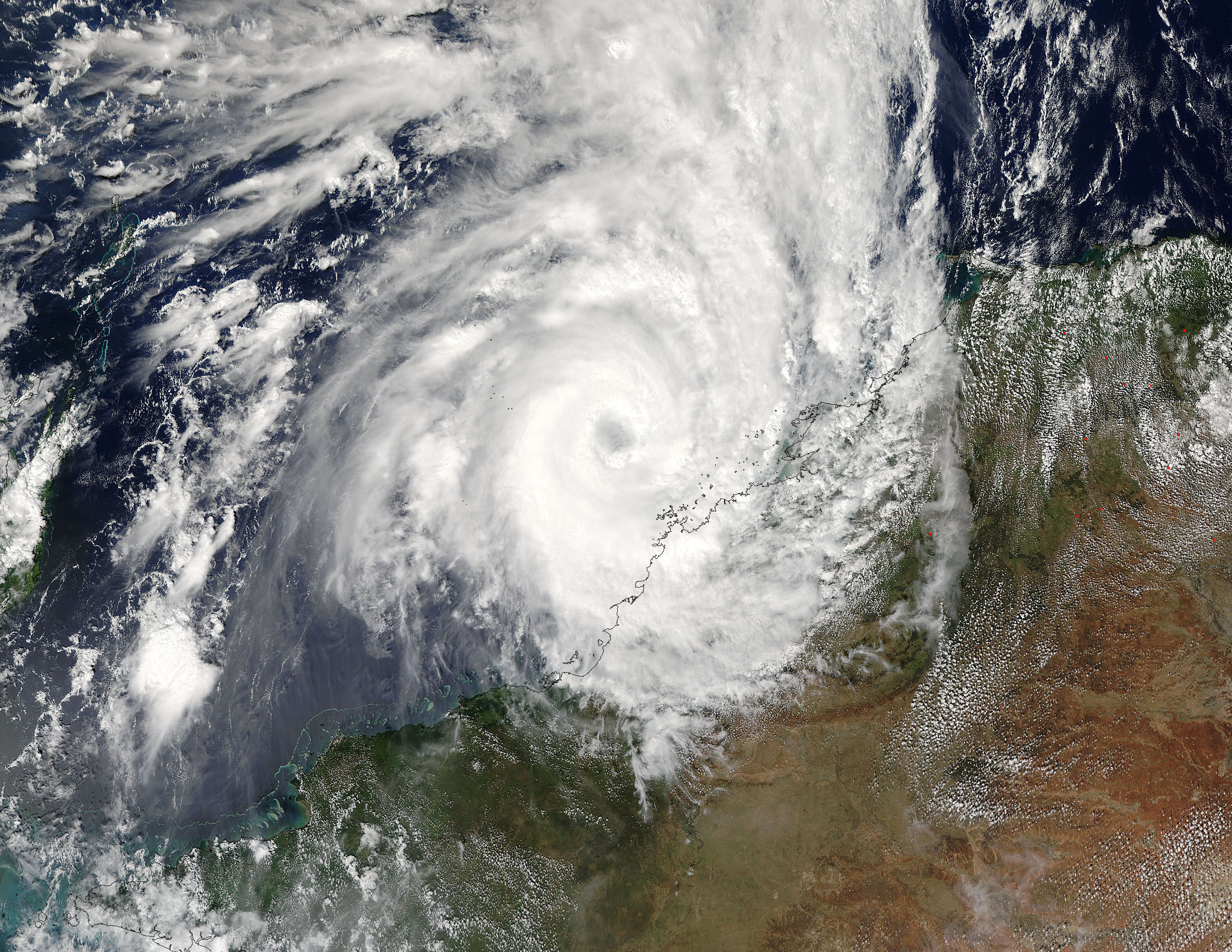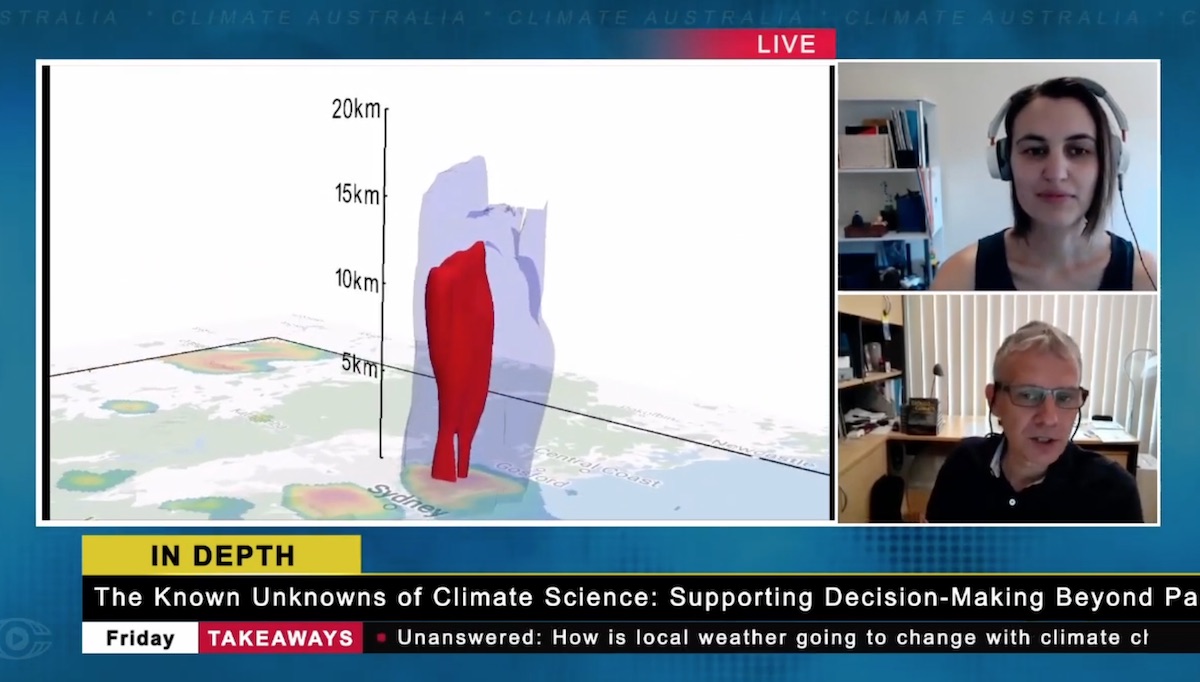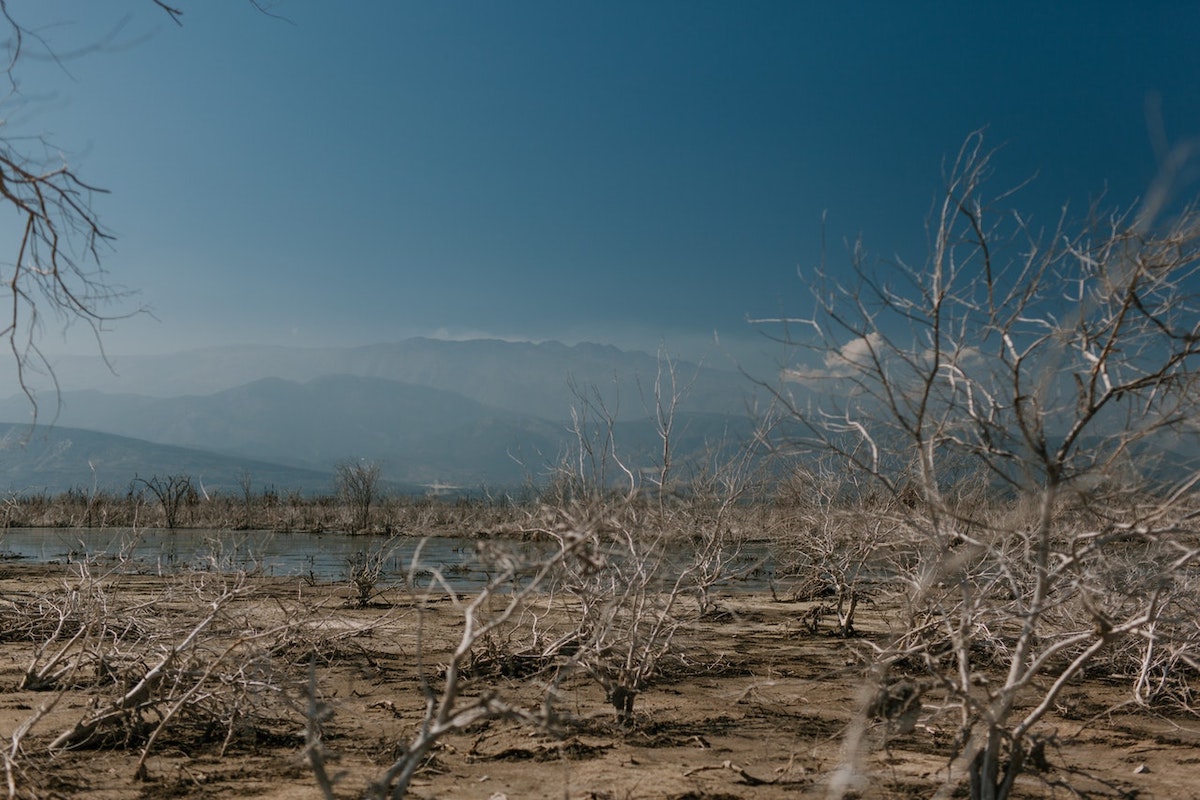-
CLEX 2020 Annual Workshop

Back in early February 2020 we shortlisted a small handful of workshop venues just outside Melbourne and settled on Ballarat for the 2020 CLEX workshop. Little did we know then how the rest of the year would play out. By mid-year hopes of an in-person workshop for 2020 had to be abandoned.
-
RP4 Teleconnections & Variability Report – December 2020

It has been remarkable how much we have achieved in this extraordinarily difficult year. Research coming out of the Teleconnections and Variability program over the past four months has strongly focused on how influences in one part of the world can have direct impacts on another.
-
CLEX Research Vital Input to IAG/NCAR report
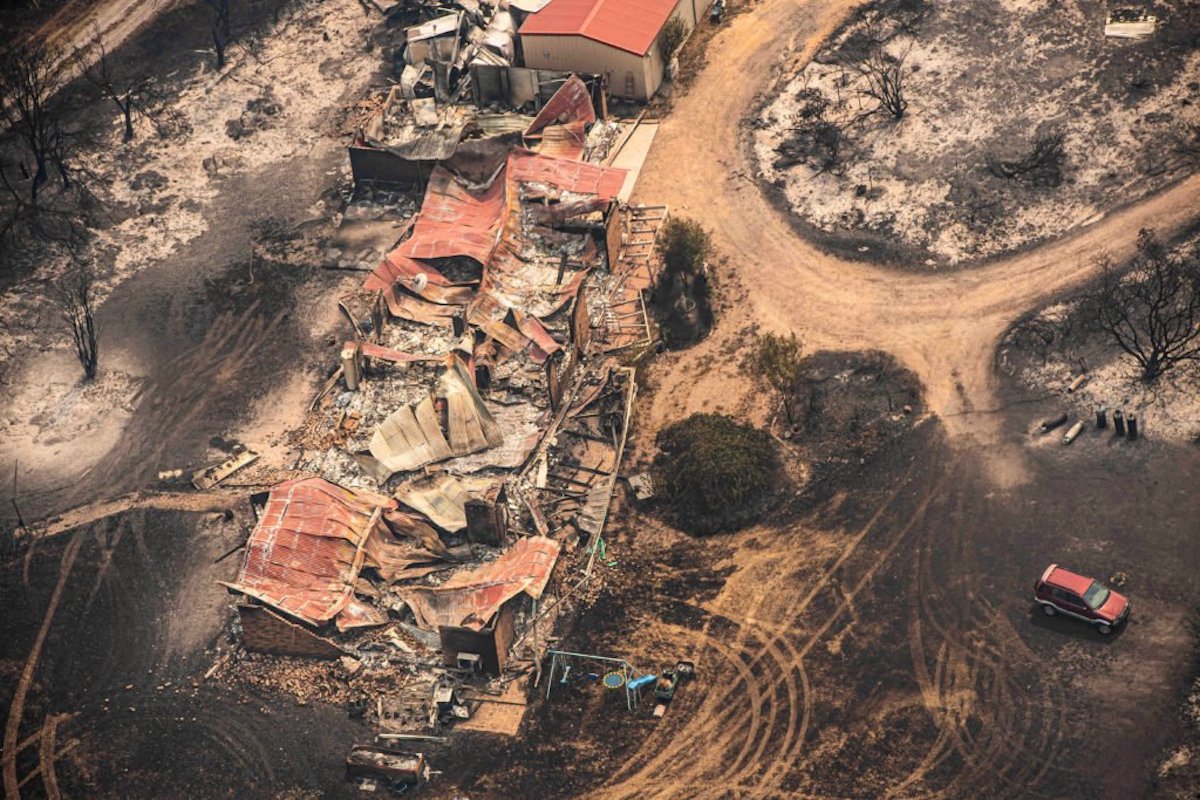
In September 2020, IAG and NCAR released a report Severe Weather in a Changing Climate (second edition), which incorporated research findings from numerous CLEX researchers. CLEX feedback also led to the incorporation of a new section on connected extremes in this report, highlighting the value of research into weather extremes.
-
ECR Workshop 2020
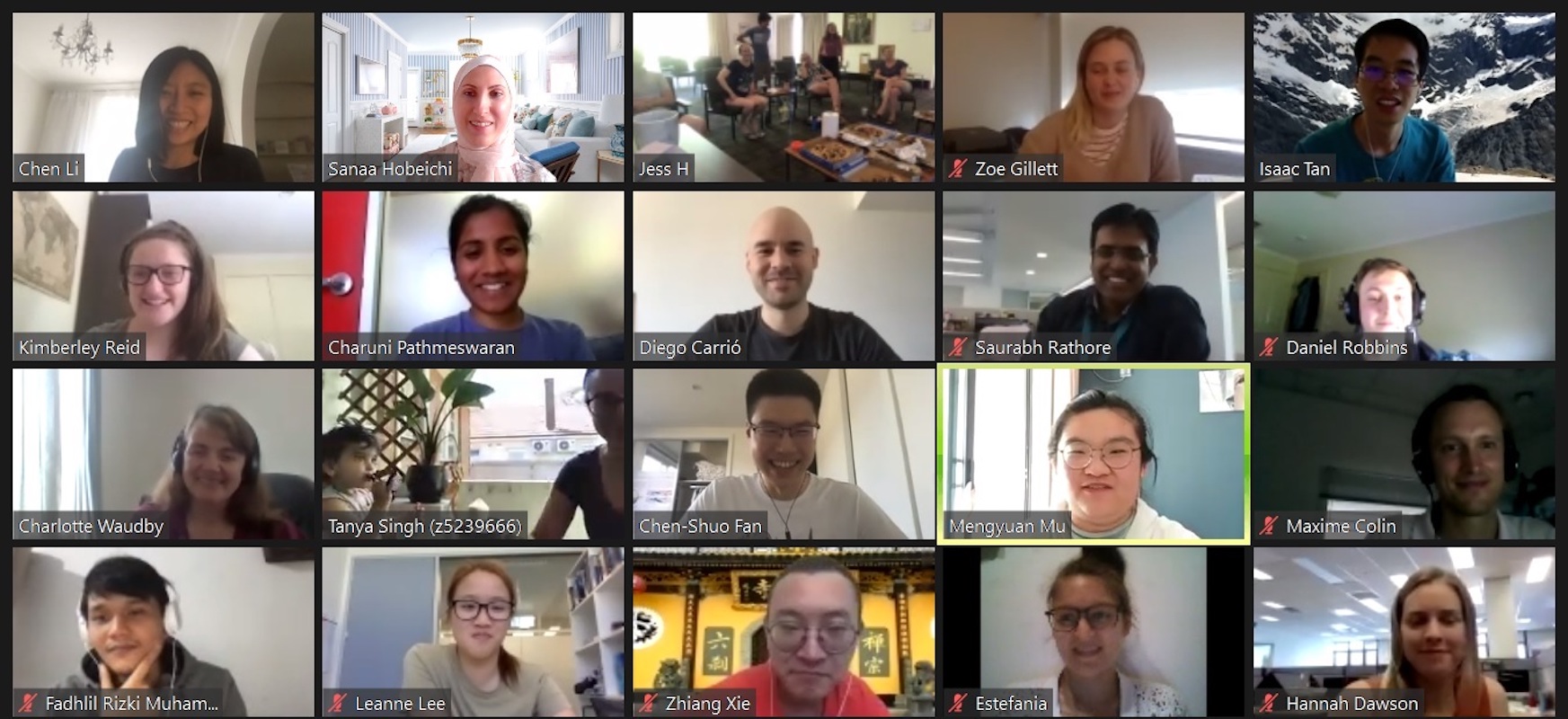
With the drama and instability of 2020, many of our ECRs have faced unprecedented challenges including loneliness, homesickness and the mounting uncertainties for their future careers. That latter concern may be why the majority of ECRs wanted this year’s virtual ECR workshop to focus on the Future in academia and planning your research career.
-
RP4 Variability & Teleconnections report – December 2020

It has been remarkable how much we have achieved in this extraordinarily difficult year. Research coming out of the Teleconnections and Variability program over the past four months has strongly focused on how influences in one part of the world can have direct impacts on another.
-
RP2 Heatwaves & cold Air Outbreaks – December 2020

The past four months have seen the Heatwaves and Cold Air Outbreaks research program focus very much on improving our capacity to understand and help others in research and industry get an insight into the impact of extreme heat events.


